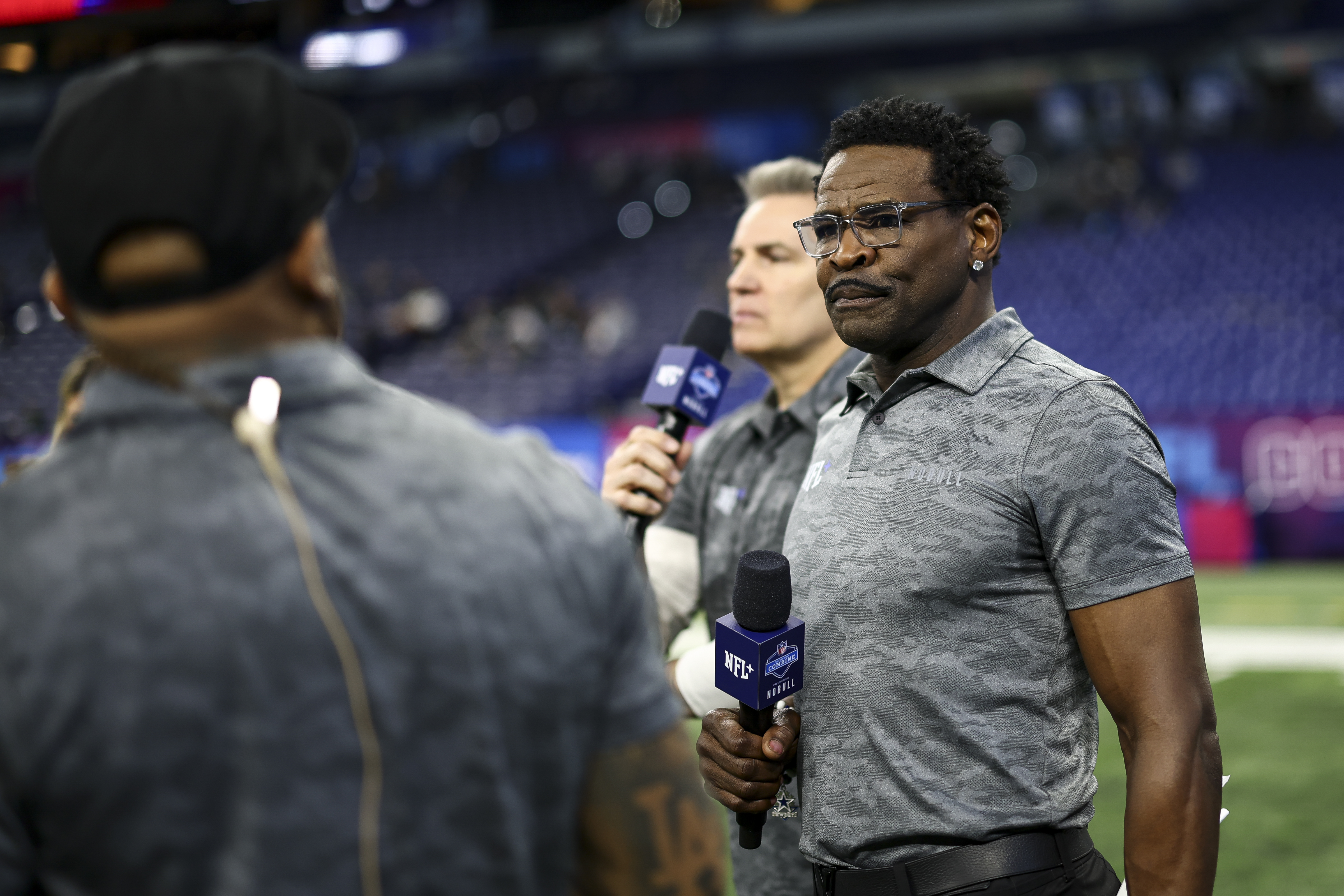Republican presidential hopeful Rep. Ron Paul is calling for $1 trillion in cuts to the federal budget and says he would eliminate five Cabinet departments as soon as he takes office.
In a ballroom at the Venetian Resort Hotel Casino with a cheering crowd of students behind him, Paul outlined his plan to cut $1 trillion from the federal budget and eliminate five Cabinet departments as soon as he takes office. (The losers: Energy, Housing and Urban Development, Commerce, Interior and Education.) Paul would immediately end all foreign aid and end America's involvement in the wars in Iraq and Afghanistan.
Paul also wants to let young workers opt out of Social Security. He would repeal President Barack Obama's health care legislation, as well as major banking and campaign finance regulations. He would reduce corporate taxes, and he also wants to eliminate the Transportation Security Administration because he's concerned that airport screenings violate civil liberties.
"A lot of people will say, $1 trillion in a year, that's too radical," Paul said. "Well, the radicals have been in charge way too long."
Paul is a libertarian who ran for president in 2008. He came in second in Nevada's caucuses that year. He is in Las Vegas ahead of a presidential debate Tuesday.
On Monday, Paul and Mitt Romney were both in Nevada, a state that no one else seems to be contesting in earnest.
Most of the GOP field will convene here Tuesday for a presidential debate at the Venetian Resort Hotel Casino. But Monday, the contenders were scattered, with two canceling events in Nevada to protest the state's decision to move its caucuses earlier in 2012. That move has jeopardized New Hampshire's first-in-the-nation primary.
Local
The latest news from around North Texas.
Michele Bachmann and Herman Cain were both campaigning in Arizona Monday. Rick Perry didn't hold any public events, though he does have staffers on the ground in Nevada and will speak Wednesday at a major conference here. Rick Santorum canceled Nevada events in "solidarity" with the early states. He went to Iowa instead, where he's pinned his presidential hopes on the first-in-the-country caucuses.
And former Utah Gov. Jon Huntsman, who has staked his whole campaign on New Hampshire, is leading the charge to boycott the state entirely. He says Nevada's decision to move its caucuses to Jan. 14 is an affront to New Hampshire. He campaigned in the Granite State Monday and plans a Tuesday town hall there right on top of the debate.
And Romney, who needs wins in both Nevada and New Hampshire, is facing new pressure from New Hampshire leaders -- including some of his own supporters -- to boycott Nevada after Iowa finalized its caucus date for Jan. 3.
But so far, for Romney and Paul, Nevada's 2012 caucuses are starting to look a lot like 2008, when Romney won overwhelmingly, and Paul placed second. Much of Romney's support came from the state's sizable Mormon population.
For Paul, who has a devoted but narrow group of supporters but has struggled to appeal to a broader cross-section of voters, Nevada is promising. He beat John McCain, the eventual nominee, and the caucus system benefits his supporters' grassroots organizing system.



